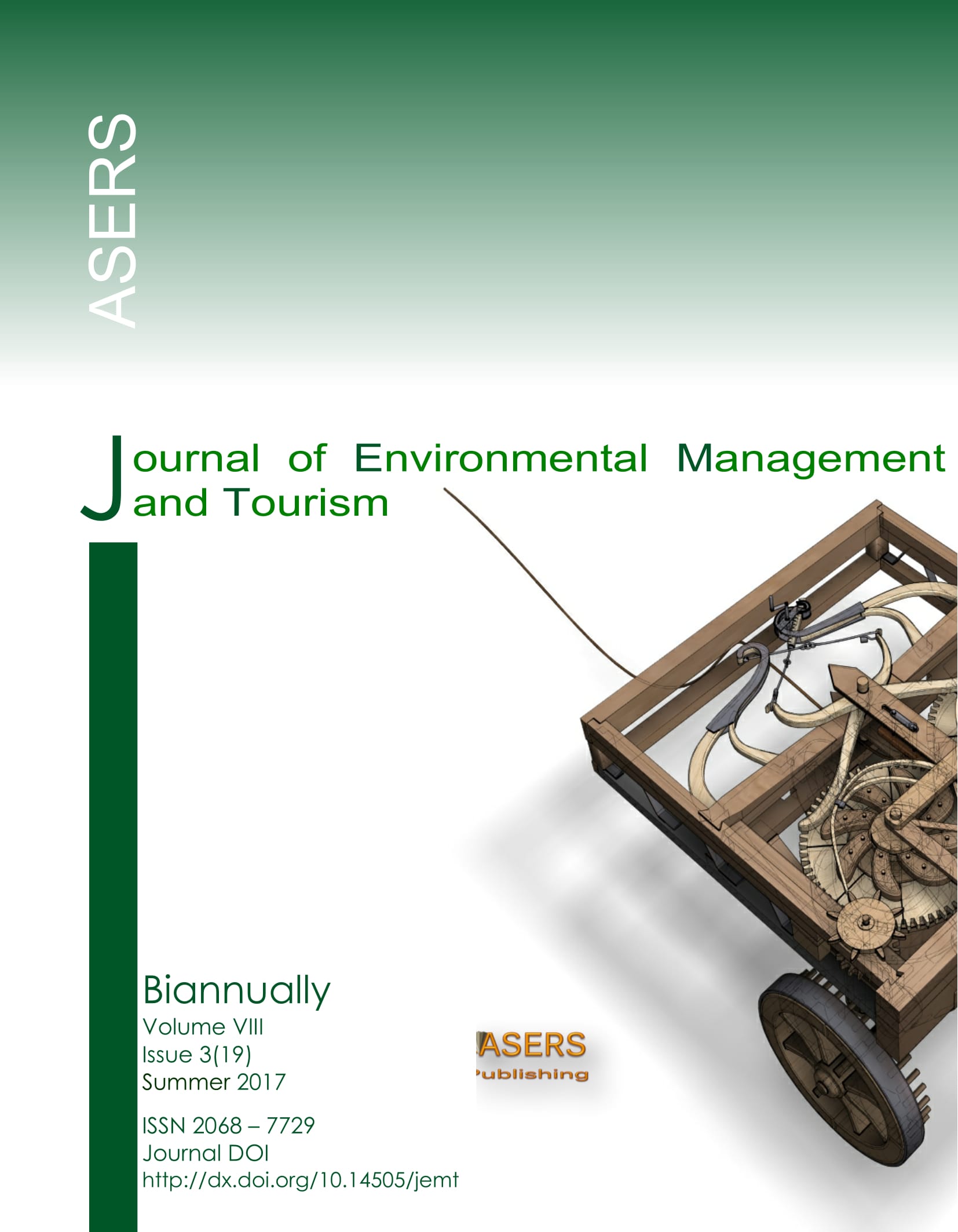The Formation of the Management System of Ecological, Social, and Economic Development of Rural Territories Using the Experience in European Union
The Formation of the Management System of Ecological, Social, and Economic Development of Rural Territories Using the Experience in European Union
Author(s): Oleg Gorb, Ilona Yasnolob, Dedukhno Aalla, Yulia KALIUZHNASubject(s): Economy, Supranational / Global Economy, Business Economy / Management, Energy and Environmental Studies
Published by: ASERS Publishing
Keywords: the rural territory; territorial approach; social approach; production approach; complex;
Summary/Abstract: The existing scientific approaches (territorial, production, social, and complex) as to defining the essence of the notion “rural territories” have been considered in the article. The author’s understanding of this notion has been expressed. The investigation of the territorial approach and the analysis of some regulatory-legal documents of Ukraine which are currently in force has shown that all the rural territories of Ukraine are subdivided into villages and townships, while in accordance with the Constitution of Ukraine, the system of administrative-territorial organization of the country comprises: regions, districts, cities, towns, districts in cities, towns, settlements, and villages. Thus, on the whole, the term “settlement” is not interpreted in the legislative documents of Ukraine, and it is used for various populated areas in different regions. It has also been mentioned, that the administrative-territorial structure of Ukraine is rather chaotic. The research of the social approach is based on defining the rural territory as to its population. Taking into account a considerable contribution of international organizations to the sphere of investigating rural development, it has been proven, that nowadays it is difficult to achieve consensus concerning the universal definition of the rural territory, which will be accepted by all the countries and can be used in any situation. The considered production approach as to defining the essence of the rural territory has revealed the divergence between the existing practice and the theoretical model, as the latter includes the population and the corresponding to it area of vital activities (the environment of settlements, production, municipal, and recreation territories) in the territorial anthropologic, ecological system. It has been proven, that the dynamic urbanization of the XIXth-XXth centuries developed new social structures, different from the “traditional” organizations of the rural locality. Taking into account the prospective changes in the kinds of rural territories because of global urbanization and the creation of suburban areas, the expediency of using the system methodology for the scientific investigation of rural territorial formations has been substantiated. Such methodology helps to give not only the internal characteristics of the object, but is manifested through mutual relations with other objects. Taking into account the prospective changes in the kinds of rural territories because of global urbanization and the creation of suburban areas, the expediency of using the system methodology for the scientific investigation of rural territorial formations has been substantiated. Such methodology helps to give not only the internal characteristics of the object, but is manifested through mutual relations with other objects.
Journal: Journal of Environmental Management and Tourism (JEMT)
- Issue Year: VIII/2017
- Issue No: 03 (19)
- Page Range: 516-528
- Page Count: 13
- Language: English
- Content File-PDF

